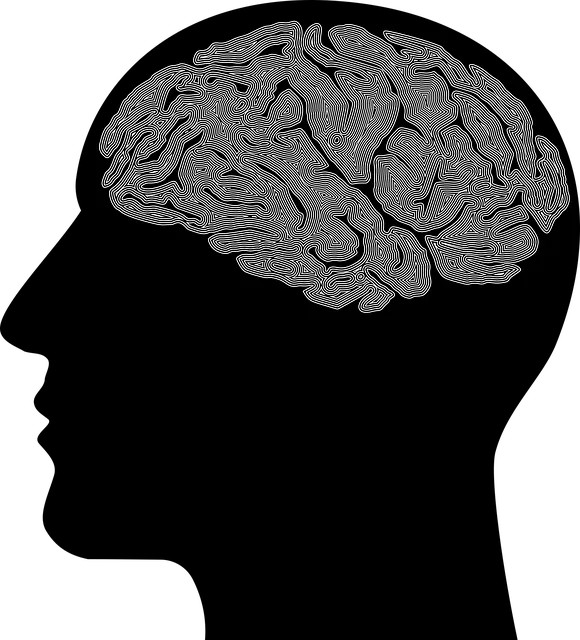The Kaiser Permanente behavioral health center Denver addresses stress as a multifaceted issue, offering specialized services, education, and resources via CBT, mindfulness, lifestyle changes, and public awareness campaigns. They aim to improve mental health outcomes by empowering individuals to manage stress, break down stigma, and adopt healthy coping mechanisms like social skills training, meditation, balanced diets, and exercise.
Stress reduction is a vital aspect of maintaining good mental and physical health. At the Kaiser Permanente Behavioral Health Center Denver, we delve into understanding stress, its causes, and profound impacts on overall well-being. This article explores effective methods to combat stress, including Cognitive Behavioral Therapy (CBT), mindfulness practices, and lifestyle changes such as nutrition, exercise, and sleep. By implementing these strategies, individuals can achieve better balance and enhance their quality of life.
- Understanding Stress: Causes and Impact at Kaiser Permanente Behavioral Health Center Denver
- Cognitive Behavioral Therapy: A Powerful Tool for Stress Management
- Mindfulness and Meditation Practices for Daily Relaxation
- Lifestyle Changes: Nutrition, Exercise, and Sleep for Reduced Stress Levels
Understanding Stress: Causes and Impact at Kaiser Permanente Behavioral Health Center Denver

At Kaiser Permanente Behavioral Health Center Denver, understanding stress involves recognizing its multifaceted nature and profound impact on mental health. Stress can stem from various sources, including work pressures, personal relationships, financial constraints, or even major life changes. The effects of chronic stress can be devastating, leading to heightened anxiety, depression, physical ailments, and decreased overall well-being. This is particularly concerning in light of the growing Mental Health Awareness initiatives aimed at promoting resilience and coping mechanisms within communities.
The Kaiser Permanente center plays a crucial role in this regard, offering specialized services that cater to individuals seeking relief from stress-related issues. Through innovative Communication Strategies, the behavioral health team educates the public about the nuances of stress, its signs, and effective management techniques. Public Awareness Campaigns Development initiatives at the center focus on breaking down stigma associated with mental health struggles, encouraging open dialogue, and providing accessible resources for stress reduction. By integrating these strategies, Kaiser Permanente Behavioral Health Center Denver strives to create a supportive environment where individuals can navigate and overcome stress-related challenges, ultimately fostering better mental health outcomes in the community.
Cognitive Behavioral Therapy: A Powerful Tool for Stress Management

Cognitive Behavioral Therapy (CBT) is a highly effective method for managing stress and improving mental wellness. Offered by Kaiser Permanente behavioral health centers, including those in Denver, CBT focuses on identifying and changing negative thought patterns that contribute to stress. By teaching individuals to challenge their thinking and replace it with more positive and realistic perspectives, CBT empowers them to better cope with challenging situations.
This evidence-based approach combines talk therapy with practical strategies for improving social skills and fostering a growth mindset. Social Skills Training, an integral component of CBT, helps individuals build confidence in interacting with others, reducing social anxiety and enhancing overall mental wellness. Through CBT, folks gain the tools to take control of their thoughts and emotions, ultimately leading to lasting stress reduction and improved quality of life.
Mindfulness and Meditation Practices for Daily Relaxation

Mindfulness and meditation practices have emerged as powerful tools for daily relaxation, especially for those dealing with chronic stress or burnout prevention strategies for healthcare providers. At the Kaiser Permanente behavioral health center Denver, experts emphasize the significance of incorporating these techniques into daily routines to enhance mental well-being.
By focusing on the present moment and cultivating a non-judgmental awareness of thoughts and feelings, mindfulness helps individuals develop a stronger sense of calm and resilience against stress. Regular meditation practices, guided or self-led, can significantly improve mood management, reduce anxiety, and even lower blood pressure. These techniques are not only beneficial for burnout prevention but also serve as game-changers in fostering overall mental health and promoting a balanced lifestyle.
Lifestyle Changes: Nutrition, Exercise, and Sleep for Reduced Stress Levels

Making lifestyle changes can significantly impact stress levels. At the Kaiser Permanente behavioral health center Denver, experts emphasize the interconnectedness of nutrition, exercise, and sleep in managing stress effectively. A balanced diet, rich in fruits, vegetables, whole grains, and lean proteins, can enhance emotional well-being by stabilizing blood sugar levels and providing essential nutrients that support brain function.
Regular physical activity is another powerful tool for stress reduction. Exercise releases endorphins, the body’s natural mood lifters, and promotes better sleep quality. Additionally, incorporating mindfulness practices like yoga or meditation during workouts can enhance emotional regulation and improve overall mental health, which is a crucial component of any comprehensive risk management planning for mental health professionals.
Stress reduction is a holistic process that integrates various techniques, from cognitive therapy to lifestyle adjustments. As discussed in this article, understanding stress triggers and their impact, such as those explored at the Kaiser Permanente Behavioral Health Center Denver, forms the foundation for effective management. Incorporating mindfulness practices, evidence-based therapies like Cognitive Behavioral Therapy (CBT), and healthy lifestyle choices, including nutrition, exercise, and sleep, can significantly lower stress levels. By combining these methods, individuals can navigate life’s challenges with resilience and enhance their overall well-being.






